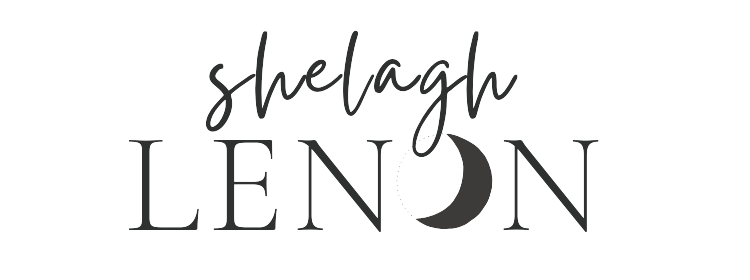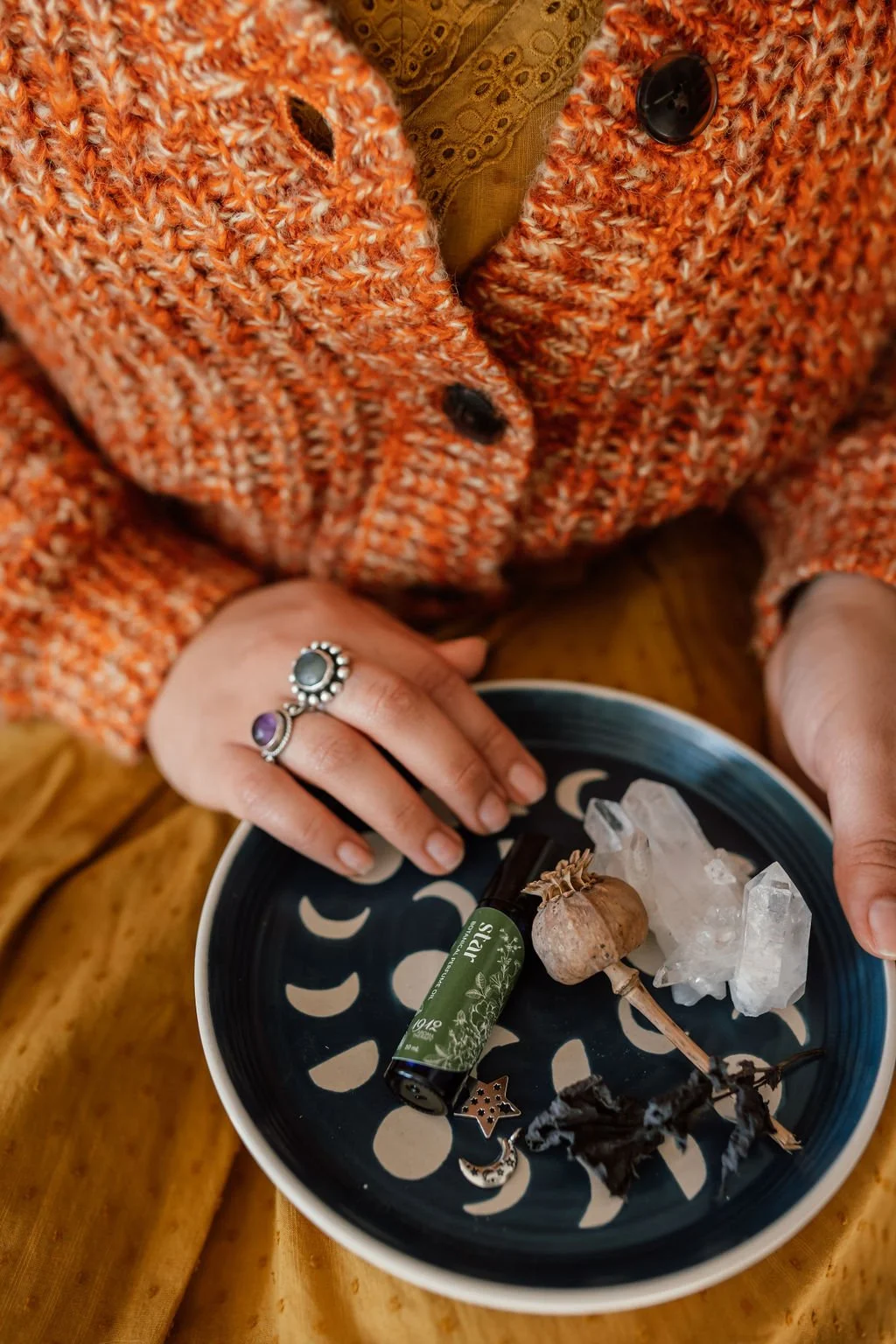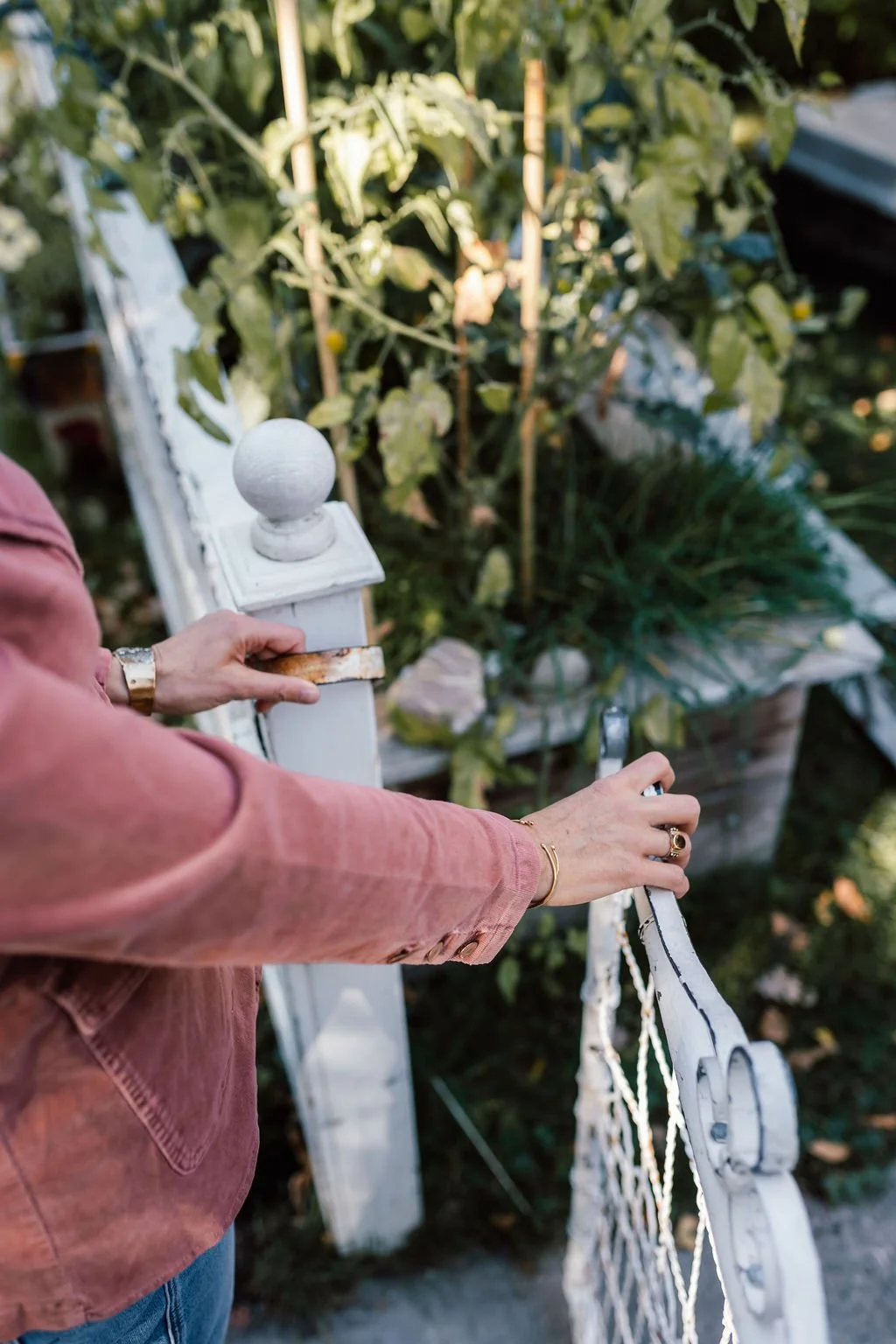Talking with my daughter about pleasure, part two
In the pleasure garden with Gracie Elbel
This year, I’m diving deep into a single word: pleasure. For me, pleasure is a powerful way to connect with myself, with my body, and with the whole of life. I believe that for women, especially at midlife, pleasure isn't just important. It's revolutionary.
Each month, I’ll share a new interview with a woman who opens up about what nourishes her, the self-care rituals she practices, and what pleasure means to her.
This month in In the Pleasure Garden, I’m sharing a second conversation with my daughter, Gracie. We first spoke about pleasure back in December, and this time, our dialogue deepens touching on the erotic versus the pornographic, imagination, and what it means to be in a world that is often too fast, too full, too exposed.
It’s a privilege to be in this kind of dialogue not only as a mother, but as someone learning from her daughter’s generation. Gracie offers a perspective shaped by her own experience of growing up in a hyper-digital world, and by her thoughtful questioning of how to slow down and return to the body.
I’m grateful for her curiosity, and for the way she brings language to something so many of us are sensing.
May this conversation invite you into your own reflections on desire, slowness, and the microscopic pleasures that live in the everyday.
Shelagh: I just want to say that I appreciate your openness to having a conversation with me and for just showing up this way. I really appreciate that.
Gracie: Of course.
Shelagh: So I want to start where we left off in the conversation we had in December around pleasure. For me, my two big takeaways from that conversation were seeing pleasure as a giving and a receiving, and the other idea was around microscopic pleasures. I wanted to know if you have any other thoughts on that as you've journeyed through the year.
Gracie: I think I would still very much agree with both of the things…with the microscopic pleasures, like being able to move away from the idea of it as some sort of grand thing, and just continuing to let it be something that can be so simple and very small.
But yeah, I would say both of those things still feel very much like a practice in my life right now. It’s so good to just have that perspective and then to work on believing it, you know? By just continuing to do it.
Shelagh: Well, I think it's interesting that you say it’s a practice…
Gracie: Yeah.
Shelagh: It really is! I find myself asking, where have I had pleasure today?
Gracie: Yeah. And I think it's interesting, too, because I feel like the mainstream question is to ask, "What are you grateful for today?" And that's great—nothing wrong with doing that. But it’s interesting to flip that question and go to pleasure.
"The mainstream question is to ask: What are you grateful for today? But it’s interesting to flip that question and go to pleasure."
And it's interesting, too, because if you think about it from even a religious standpoint, the idea of reflecting on what gave you pleasure could be viewed as greedy, or as something that isn’t as worthy as counting your blessings or counting your gratitude, you know?
Shelagh: There are two things that come to mind for me. Pleasure is closely connected to the body. In many religious traditions the body is often seen as something to be distrusted. That can create a lot of shame around both the body and pleasure.
Gracie: Yeah.
Shelagh: And the other is patriarchy and a culture that celebrates hyper-productivity. Pleasure is not about being productive. For me, pleasure is pleasure. I experience pleasure for pleasure’s sake. Do you know what I mean?
Gracie: Yeah, a couple of things here. Pleasure is not about doing. It's not about being productive in your day. It's not about grinding it out.
"Pleasure is not about doing. It's not about being productive. It's not about grinding it out."
Patriarchy has packaged pleasure for women by reducing it to sex. That’s why it’s often so narrowly defined.
When pleasure is equated with sex, it starts to take on a productive quality. And if you think about sex from a very masculine standpoint—I'm talking about energetic qualities here, not gendered identities, yin and yang energy—the masculine force of sexual energy is like boom, boom, boom. It’s not emotional or sensual or prolonged.
So when pleasure is filtered through patriarchy, it ends up carrying that same productive, goal-oriented energy.
Shelagh: Hmmm….so interesting. You've been living in Berlin this year. You’ve recently had your solo show as the art duo Drinkmilk with your partner, Luc. I want to know more about that show, because I know you were exploring, amongst other things, pleasure.
Gracie: I don't know if I would say that pleasure was exactly the word we were exploring. We were more invested in the difference between the pornographic and the erotic.
Shelagh: Tell me more.
Gracie: We’re fascinated with the way the digital age, the new media age, feels like a hyper-pornographic world. And I don’t mean that in terms of literal porn. I mean that everything now carries a kind of pornographic quality.
There's a lack of imagination. There's a lack of sensuality. There's a lack of passion.
Everything needs to be immediate, visual, and complete. There’s no space for the unknown.
We were trying to explore how to find sensuality again. How do you bring things back to an erotic place?
Shelagh: And the erotic place?
Gracie: The erotic place is a creative one. One that is uncompleted. One that maybe is satiated but doesn’t need to be full. It’s a place where contentment can happen. There’s an ability to dream, and to not know, and to not have everything realized or not have everything at your fingertips. To maybe have everything hovering above the hand rather than in the hand. An idea of something, rather than the thing itself.
And this all has to do with being in the information world. We’re in the time of information, where everything is about getting information fast.
You want to know something? You get to know it. You want to see something? You get to see it. You want to do anything? You go do it. There's so much access to everything.
And so there’s a limit to our ability to be erotic in our lives.
We’re also living in the hyper age. Hypersexuality. Hyperinformation. Hypertechnology. Hyperproductivity.
We could even be in a hyper pleasure age, because there’s so much you can do to satisfy yourself in different ways. But then at the same time is all this hyperness actually numbing us from being able to feel anything at all?
"Is all this hyperness actually numbing us from being able to feel anything at all?"
Shelagh: Whoa.
Gracie: It’s about trying to figure out how we pull back, slow down, and re-eroticize everything.
Shelagh: Yes!
Gracie: So that’s what we were working on.
Shelagh: I’m so struck by that. One of the things that strikes me is that you're exploring this at your age. I'm curious about that.
Gracie: Here’s the thing. One of the most popular things to explore in art right now is technology and AI, obviously because everyone feels either excited or afraid of AI. So that’s the biggest thing.
Our artwork is about technology because this is what we're surrounded by. This technology is creating the hyper world.
Our work has been inspired by Byung-Chul Han, a South Korean philosopher who now lives in Germany. He’s a professor at an art school in Berlin and our biggest informant on these topics. His philosophy is all based around the idea of a pornographic world, and also about how art is losing its ability to just be art and is now becoming information, too. Which is fascinating and interesting to think about when we're creating.
Shelagh: Can you tell me what it means when you talk about the pornification of our culture? I need some concrete examples. How do you experience that?
Gracie: God. I don’t know how to describe it other than saying it’s literally the daily. It’s waking up with your phone next to your face. You think about something you want to see, and you search it up. The second you wake up, you see it before you even visualize it.
It’s the fact that babies are on iPads 24/7. It’s the fact that you can access so much. It’s almost like globalization, too, is pornography. This vastness of everything and the lack of the unknown.
You’re unable to live in a world with mystery. You always get to know. You get to see where your friends are 24/7. We can track each other. I can see your location, and I live in Germany. You can see mine.
Shelagh: I’d like to talk about the hyper sexualization of our culture for a moment. What is it like to grow up in a culture that is so hypersexualized?
Gracie: There are two things that jump to my head right away. One side of it views it as being more sexually liberating. Sex is talked about more and that’s a good thing.
Shelagh: Right.
Gracie: But I also think that it's not really liberating. Because you're exposed to so much media telling you how you're supposed to be, or how you're supposed to look, or how you're supposed to be desired more than ever before.
You see too much for your own good.
Even if we go directly to the example of pornography. Porn is so vast and so easy to access. There are a lot of issues with porn and young men. I think it really boils down to: there’s too much. You're able to see more than you need to see, or more than you even wanted to see. And you get out of touch with your imagination.
Shelagh: Because your imagination becomes everything that you've seen?
Gracie: Yes. And that’s not actually at the core of what you want. What you want is what you can imagine without knowing anything, and that’s precious. Being able to have a fantasy about something from nothing you've ever seen is almost impossible now. Because you see everything all the time. Every fantasy actually derives from something and that's really sad.
Being able to have a fantasy about something from nothing you've ever seen is almost impossible now.
The ability to tap into what you truly desire is really difficult when you're always exposed to ideas of what you could want.
Shelagh: Hmmm… all of a sudden you're on Instagram, and you're desiring something…
Gracie: But you don’t really desire it. And it's the same thing with sexuality.
It’s this overexposure to things, without being given the time to grow up and fantasize and dream by yourself.
I think this is also part of why a lot of people my age feel lost and unsure about what they want to do. You’re shown so much of what you could do. It’s hard to figure out what is true for yourself.
Shelagh: Hmmm. Wow. I’m just sitting with all of that.
Gracie: The erotic, to me, is a very divine feminine energy.
Shelagh: Hmmm… tell me more.
Gracie: It’s really all about sensuality. About being in the process, tapping into what’s happening or what’s about to happen, rather than focusing on what already happened, or the end of it, or the completion.
It's about the journey of it. And so it has a slowness to it and a tenderness to it. There’s an ebb and flow to it.
Shelagh: Which brings me to pleasure…How does pleasure fit into this?
Gracie: Into this pornographic world?
Shelagh: Yes.
Gracie: Think about how good something feels when the process to getting it isn’t that fast.
The pornographic world moves at this incredibly high velocity. Everything’s moving at turbo speed. You become overstimulated and then you don’t actually know what you need.
In order to feel good, you need things faster, faster, faster.
It’s like how people can’t really sit through movies anymore. Have you heard about that? People can barely watch a movie on Netflix because they only want to watch reels—they’re so fast.
"True pleasure comes from an erotic place. It’s a slow thing. You sit and dwell and enjoy it."
True pleasure comes from an erotic place. It’s a slow thing. You sit and dwell and enjoy it. You understand that you give, and then you’ll be given back to. And that’s the truth of being able to feel pleasure.
Shelagh: Thank you so much, Gracie, for this conversation. I’d like to end with microscopic pleasures you’ve experienced recently. Can you share a sight that has given you pleasure?
Gracie: Watching dusk—because it's late now, which is amazing. So that’s made me feel really good.
Shelagh: A sound?
Gracie: Luc has been laughing in his sleep a lot.
Shelagh: A smell?
Gracie: There’s this yellow flower. I don’t know what it is. I’ve never seen it before in my life. Oh my God—it smells so good.
Shelagh: A taste?
Gracie: Rhubarb. Yesterday we cooked it with chicken and we did it two ways. We did it underneath the chicken roasting in the oven, and we made a compote. And Luc just made a cake tonight, an upside-down rhubarb cake that we’re going to have.
Shelagh: A touch?
Gracie: Anytime me and Luc have a day off, we’ll nap together. So my favorite thing right now is that we’ll kind of sleep in a weird way when we nap. Recently we’ve been sleeping with our heads kind of on top of each other, and I like the feeling of his beard on my face. Sometimes my whole face will be red from it.
Shelagh: laughing Oh sweetie, I am so happy that you are napping! Thank you for this conversation, Gracie.
Gracie is a conceptual artist working with mediums that are felt physically. She recently moved to Berlin with her partner and is completing a six month artist residency. She works both independently and as one half of the artist duo Drinkmilk.
When I asked her for a short bio, she replied with this sentence: I am nothing, I am beautiful.




